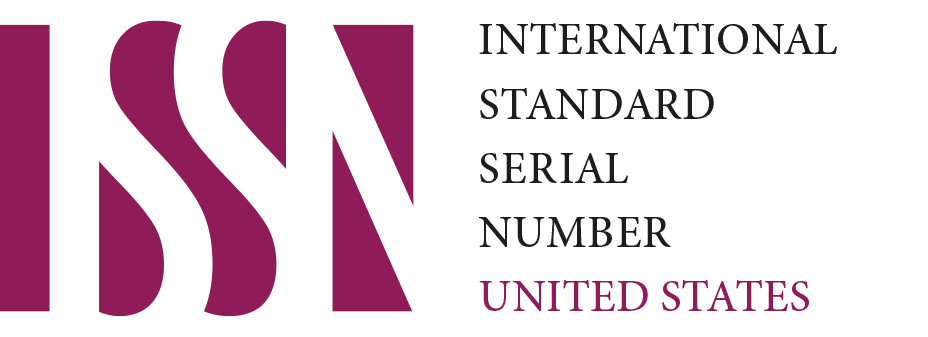Model Pembelajaran Problem Based Learning dalam Meningkatkan Pencapaian dan Keaktifan Para Pelajar Kelas VIII SMPN 172 Jakarta
DOI:
https://doi.org/10.61404/jimad.v2i2.224Keywords:
Problem Based Learning, Participation, Achievement, SMPN 172 JakartaAbstract
The objective of this research is to assess the effectiveness of the Problem Based Learning (PBL) model in enhancing students achievement and active participation in Grade VIII at SMP Negeri 172 Jakarta in the Social Studies subject. This research is based on the importance of preparing students for the challenges of the 21st century, which require critical, analytical, and creative thinking skills. The method used is Classroom Action Research (CAR) with 35 students from class VIII-3 as participants. There are two cycles in this study, consisting of planning, implementation, observation, and reflection phases. In the first cycle, although PBL was implemented, only 43% of students scored above the Minimum Mastery Criteria (KKM) of 80, with an average score of 71. Additionally, their activeness in asking questions, answering, expressing opinions, and solving problems was still low. Reflection indicated that students needed time to adapt to PBL and required more motivation from the teacher. In the second cycle, after improvements were made, there was a significant increase. As many as 89% of students scored above the KKM of 80, with an average score of 88. Student activeness also increased with more active participation in class activities. This shows that students better understood and adapted to the PBL model and received better encouragement from the teacher. In conclusion, the implementation of the PBL model is effective in improving students achievement and active participation in the Social Studies subject at SMP Negeri 172 Jakarta. This is evidenced by the significant increase in students average scores and their active participation in learning. The PBL model is capable of stimulating students critical, analytical, and creative thinking skills, as well as enhancing their engagement in learning, creating a more conducive and efficient environment for achieving educational goals.
Downloads
References
Djalal, Fauza. “Optimalisasi Pembelajaran Melalui Pendekatan, Strategi, Dan Model Pembelajaran.” Sabilarrasyad: Jurnal Pendidikan dan Ilmu Kependidikan 2, no. 1 (2017): 31–52. https://jurnal.dharmawangsa.ac.id/index.php/sabilarrasyad/article/view/115.
Hestiningsih, Nur, and Sugiharsono. “Peningkatan Kemampuan Berpikir Kritis Peserta Didik Pembelajaran IPS Melalui Metode Problem Solving Berbantuan Media Informasi.” Harmoni Sosial: Jurnal Pendidikan IPS 2, no. 1 (2015): 71–86. https://journal.uny.ac.id/index.php/hsjpi/article/view/4619.
Hotimah, Husnul. “Penerapan Metode Pembelajaran Problem Based Learning Dalam Meningkatkan Kemampuan Bercerita Pada Siswa Sekolah Dasar.” Jukasi: Jurnal Edukasi 7, no. 2 (2020): 5–11. https://jurnal.unej.ac.id/index.php/JEUJ/article/view/21599.
Nurrita, Teni. “Pengembangan Media Pembelajaran Untuk Meningkatkan Hasil Belajar Siswa.” Nurrita 3, no. 1 (2018): 171–187. https://pps.iiq.ac.id/jurnal/index.php/MISYKAT/article/view/52.
Putri, Hasri Tania, Muh. Said, and Wahyuningsih. “Penerapan Model Pembelajaran Problem Based Learning Dengan Media Audio Visual Pada Mata Pelajaran IPS Untuk Meningkatkan Kemampuan Berfikir Kritis Siswa Kelas VIII SMP Negeri 2 Tambang Kab. Kampar Riau.” IP-3: Jurnal Pemikiran dan Pengembangan Pembelajaran 6, no. 2 (2024): 369–377. https://www.ejournal-jp3.com/index.php/Pendidikan/article/view/423.
Romadhon, Dwi Nanda Akhmad. “Implementasi Keterampilan Berpikir Kritis Pada Pembelajaran IPS Pada Jenjang Sekolah Menengah Pertama Sebagai Eksistensi Meningkatkan Keterampilan Abad 21.” Istoria: Jurnal Ilmiah Pendidikan Sejarah Universitas Batanghari 3, no. 2 (2019): 94–99. http://istoria.unbari.ac.id/index.php/OJSISTORIA/article/view/69/0.
Widayati, Ani. “Penelitian Tindakan Kelas.” Jurnal Pendidikan Akuntansi Indonesia 6, no. 1 (2008): 87–93. https://journal.uny.ac.id/index.php/jpakun/article/view/1793.
Zaduqisti, Esti. “Problem-Based Learning (Konsep Ideal Model Pembelajaran Untuk Peningkatan Prestasi Belajar Dan Motivasi Berprestasi).” Forum Tarbiyah 8, no. 2 (2010): 181–191. http://repository.uingusdur.ac.id/id/eprint/345.
Downloads
Published
How to Cite
Issue
Section
License
Copyright (c) 2024 Afriandini Aisyah, Desy Safitri, Nandi Kurniawan

This work is licensed under a Creative Commons Attribution-ShareAlike 4.0 International License.














